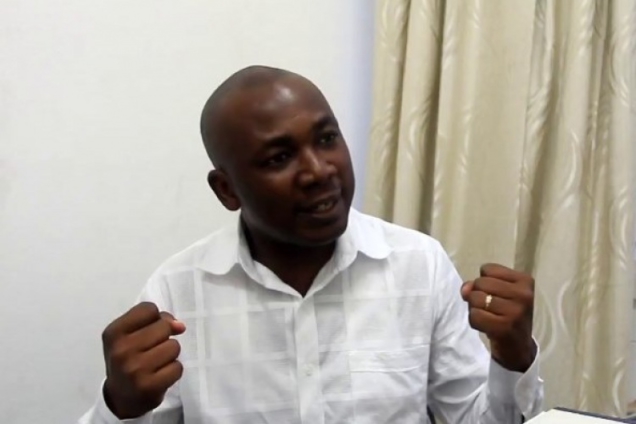Associate Professor of Finance at the University of Ghana Business School, Professor Godfred Bokpin says Government has been insensitive to Ghanaians in efforts to revive the economy.
The Economist said the Akufo-Addo-led administration, despite its advocacy for burden-sharing has not done much in that regard.
He explained that the only reason there are resentments and disapproval of the debt exchange programme is due to government’s failure to demonstrate equity, fairness and burden-sharing.
Prof. Bokpin noted that in the current difficult times, the government’s call for burden-sharing should be exhibited through cutting down expenditure and the size of government.
“This is a government that has preached burden-sharing more in words and practiced less in reality and that is what makes it painful. I believe that the reactions we are getting from organised labour and different occupational groups and a lot of stakeholders that will be affected by the debt exchange, are actually a resentment for the government’s insensitivity.
“Government has done very minimum in burden-sharing. In times like this the low-hanging fruits essentially are cutting down the size of government, merging some of the ministries because money is not flowing,” he said on Top Story, Monday.
Government has announced a ten-day deadline for Domestic bondholders to exchange their investment instruments to the new modalities set by government under the Domestic Debt Exchange programme.
Reacting to this, Prof. Bokpin said government’s decision is a harsh one. He argued that the deadline given to the bondholders will not provide enough time for the financial institutions to be engaged in internal processes before subscribing.
“The approach I see the government is using is more or less through regulatory cohesion to bring participating financial institutions into compliance. Even if you look at the timelines that government has given, it does not even allow for internal processes and governance processes within the respective participating financial institutions to be respected.
“This is a significant event and some may even require shareholder and board approval and all of that and so how do you just put pressure on heads of institutions to commit their institutions to something like this,” he queried.
A number of key interest groups have opposed the debt exchange programme with concerns that it will affect their investments.
The Chamber of Corporate Trustees of Ghana, the Trades Union Congress, the Ghana Medical Association, the Ghana National Association of Teachers and other groups have all rejected the programme.
Latest Stories
-
Bawumia joins thousands in Kumasi for burial prayers for Ashanti Regional Imam
2 hours -
Blue Gold Bogoso Prestea Limited challenges government actions in court
2 hours -
Patrick Atangana Fouda: ‘A hero of the fight against HIV leaves us’
3 hours -
Trinity Oil MD Gabriel Kumi elected Board Chairman of Chamber of Oil Marketing Companies
3 hours -
ORAL campaign key to NDC’s election victory – North America Dema Naa
4 hours -
US Supreme Court to hear TikTok challenge to potential ban
4 hours -
Amazon faces US strike threat ahead of Christmas
4 hours -
Jaguar Land Rover electric car whistleblower sacked
4 hours -
US makes third interest rate cut despite inflation risk
4 hours -
Fish processors call for intervention against illegal trawling activities
5 hours -
Ghana will take time to recover – Akorfa Edjeani
5 hours -
Boakye Agyarko urges reforms to revitalise NPP after election defeat
5 hours -
Finance Minister skips mini-budget presentation for third time
5 hours -
‘ORAL’ team to work gratis – Ablakwa
6 hours -
Affirmative Action Coalition condemns lack of gender quotas in Transition, anti-corruption teams
6 hours

